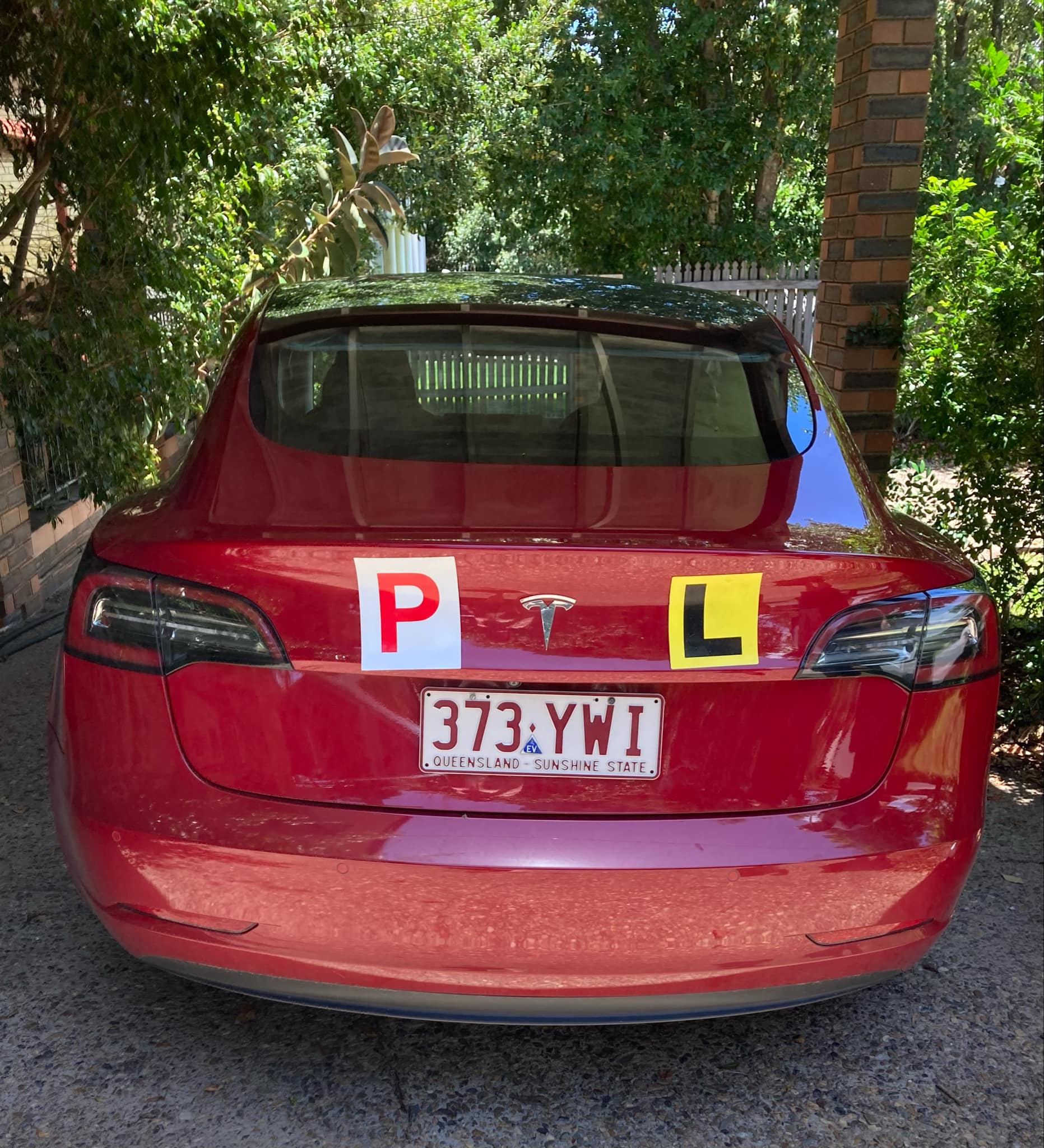
Brazilian metals and mining company Vale and European integrated hydrogen company Green Energy Park (GEP) will collaborate on a green hydrogen production facility in Brazil aimed at manufacturing low-carbon steel products.
The joint initiative aims to construct a ‘Mega Hub’ industrial complex in Brazil for international steel companies to source and produce hot-briquetted iron (HBI).
Vale expects to produce iron ore, which will serve as an input for HBI with renewable hydrogen as the reducing agent.
For every tonne of steel produced in blast furnaces, two tonnes of CO₂ equivalent are released into the atmosphere. According to Vale and GEP, when supplied to electric arc furnaces and produced with green hydrogen, HBI reduces carbon emissions by 80%.
Vale and GEP, supported by the EU’s Global Gateway programme, will also collaborate on various aspects of the hydrogen value chain including the deployment of electrolysers and the design of industrial plants for green hydrogen and its derivates.
Vale director of energy and decarbonisation Ludmila Nascimento commented: “We are leveraging Brazil’s high-quality iron ore and abundant renewable energy to develop green hydrogen supply, which will enable the offer of a ‘green’ HBI to European steelmakers. Meanwhile, we are fostering Brazil’s new industrialisation based on the low-carbon economy.”
Access the most comprehensive Company Profiles on the market, powered by GlobalData. Save hours of research. Gain competitive edge.

Your download email will arrive shortly
We are confident about the unique quality of our Company Profiles. However, we want you to make the most beneficial decision for your business, so we offer a free sample that you can download by submitting the below form
By GlobalData
GEP CEO Bart Biebuyck added: “The collaboration aims to bring our green hydrogen technology to the core of the hard-to-abate sectors, offering a competitive platform for green steel production in Europe and around the world.”
Steel is a crucial material in renewable energy development as it is primarily used for the manufacture of wind turbines. The global industry accounts for approximately 8% of the world’s total carbon emissions due to the use of coal in blast furnaces.
The Net Zero Steel Initiative is targeting net zero in the sector by 2050.
Mining Technology‘s parent company, GlobalData, forecasts that global steel demand will grow by more than 30% by 2050, with a departure from thermal power sources required for emission reduction.




